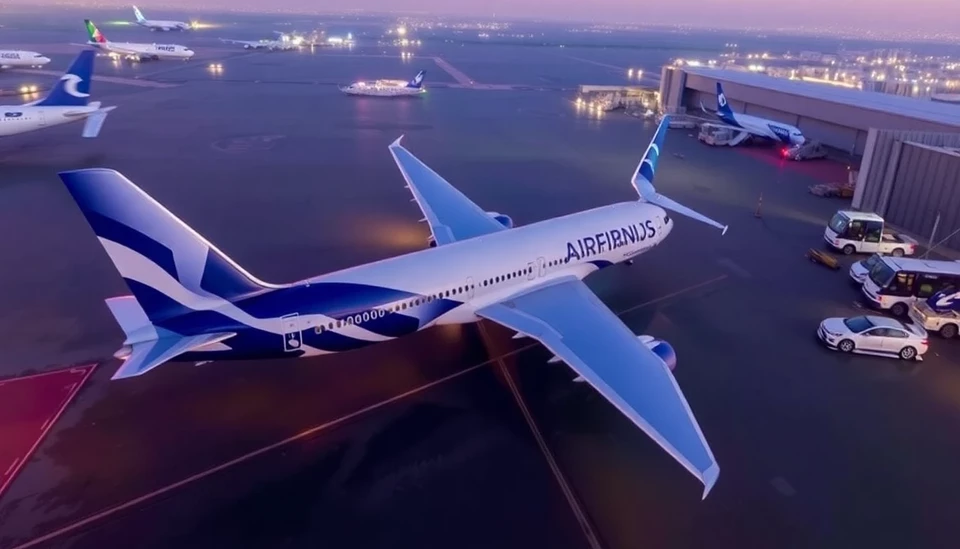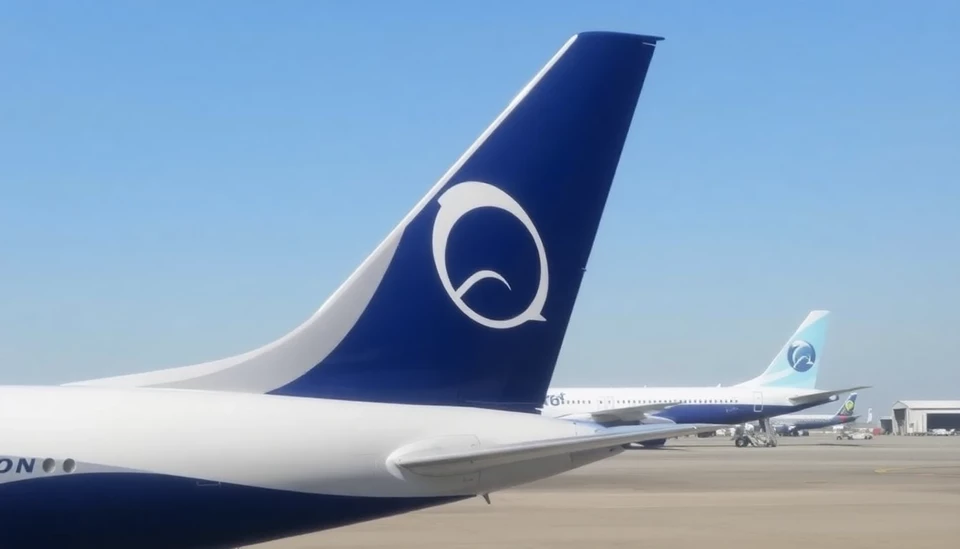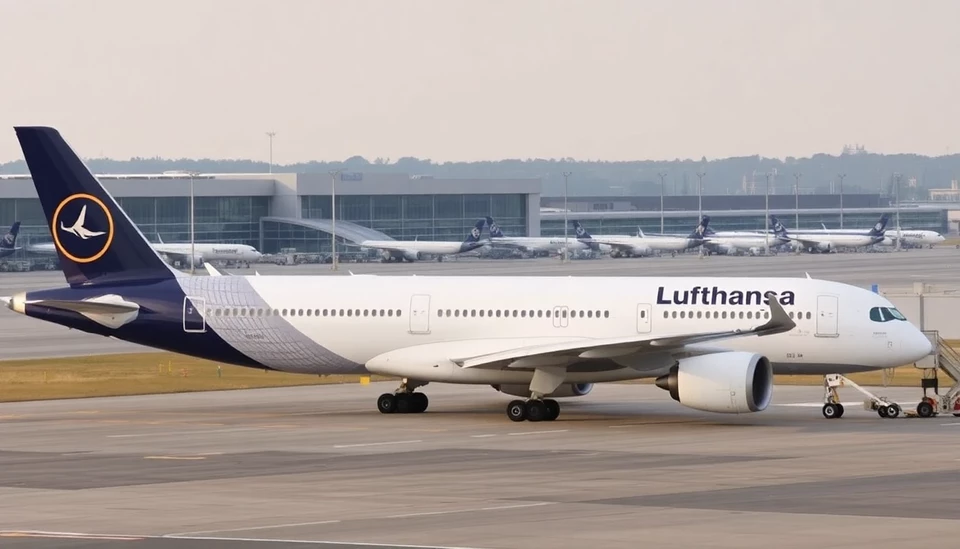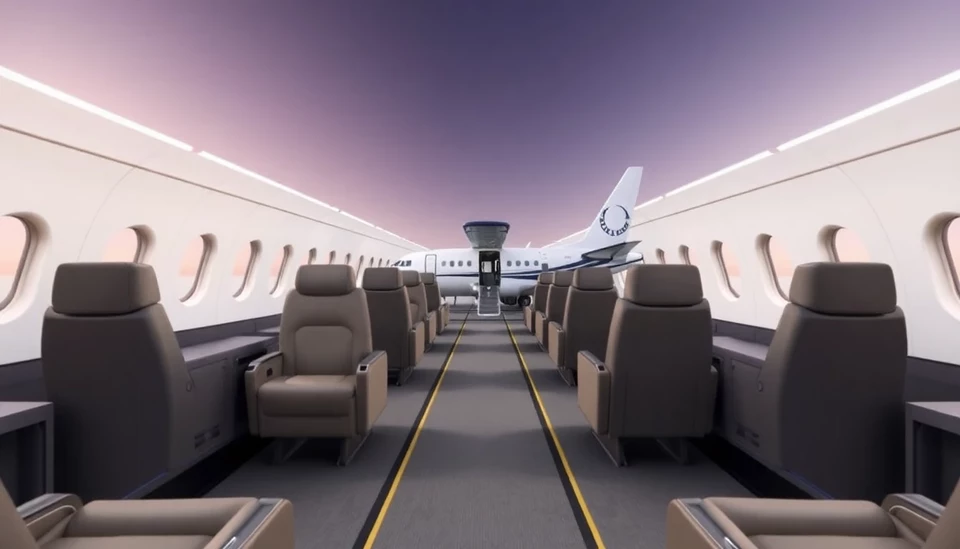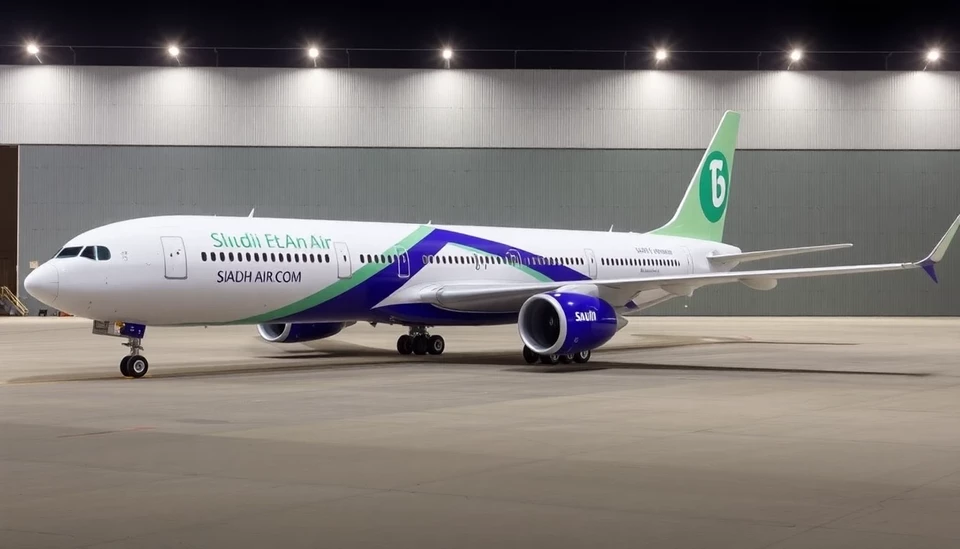
In a significant move for the aviation industry, Airbus is reportedly on the brink of finalizing a monumental deal to supply a substantial number of aircraft to Riyadh Air, a startup airline backed by the Saudi government. This partnership is poised to play a crucial role in bolstering Saudi Arabia's ambitions to establish itself as a leading hub for global travel.
Riyadh Air, which aims to position itself prominently in the highly competitive airline market, has been making waves since its announcement earlier this year. Headed by the experienced former CEO of Etihad Airways, Tony Douglas, the startup is scheduled to launch operations in 2025. A key element of its strategy is to leverage the kingdom's geographical positioning to attract travelers from around the globe.
Sources close to the negotiations have indicated that the deal may involve the acquisition of around 50 aircraft from Airbus, although specific details around the model types and configurations remain undisclosed. This agreement would mark a significant expansion of Airbus's footprint in the Middle East, an area that has historically been dominated by competitors like Boeing.
The anticipated contract underscores Saudi Arabia's broader strategy to diversify its economy beyond oil, part of the Vision 2030 initiative driven by Crown Prince Mohammed bin Salman. The Riyadh Air project is aligned with the country's efforts to increase its tourism sector and draw in millions of international visitors, significantly contributing to economic growth.
Notably, the competitive landscape of the airline industry has shifted as startups and established carriers vie for market share in the wake of the pandemic. Riyadh Air's launch is expected to coincide with a resurgence in global travel, which could further fuel demand for new aircraft orders. Airbus’s agreement with Riyadh Air is seen as a potential boon to its production lines, particularly as it navigates challenges like supply chain disruptions and increased production costs.
While the details of the deal are still being finalized, it highlights the growing trend of state-supported airlines entering the market with the capability to reshape traditional aviation dynamics. Industry analysts are keenly observing how Riyadh Air will evolve and how it could potentially impact existing carriers in the region.
In conclusion, the potential deal between Airbus and Riyadh Air represents not only a milestone in the startup's journey but also a pivotal development in the Middle Eastern aviation sector. It showcases the region's commitment to enhancing connectivity and transit while seizing opportunities in an evolving global landscape.
As we await official announcements and further details about the deal, the aviation industry is buzzing with speculation regarding what this partnership will mean for the future of air travel in Saudi Arabia and beyond.
#Airbus #RiyadhAir #AviationNews #SaudiArabia #FlightIndustry #Aerospace #Tourism #Vision2030
Author: John Harris
